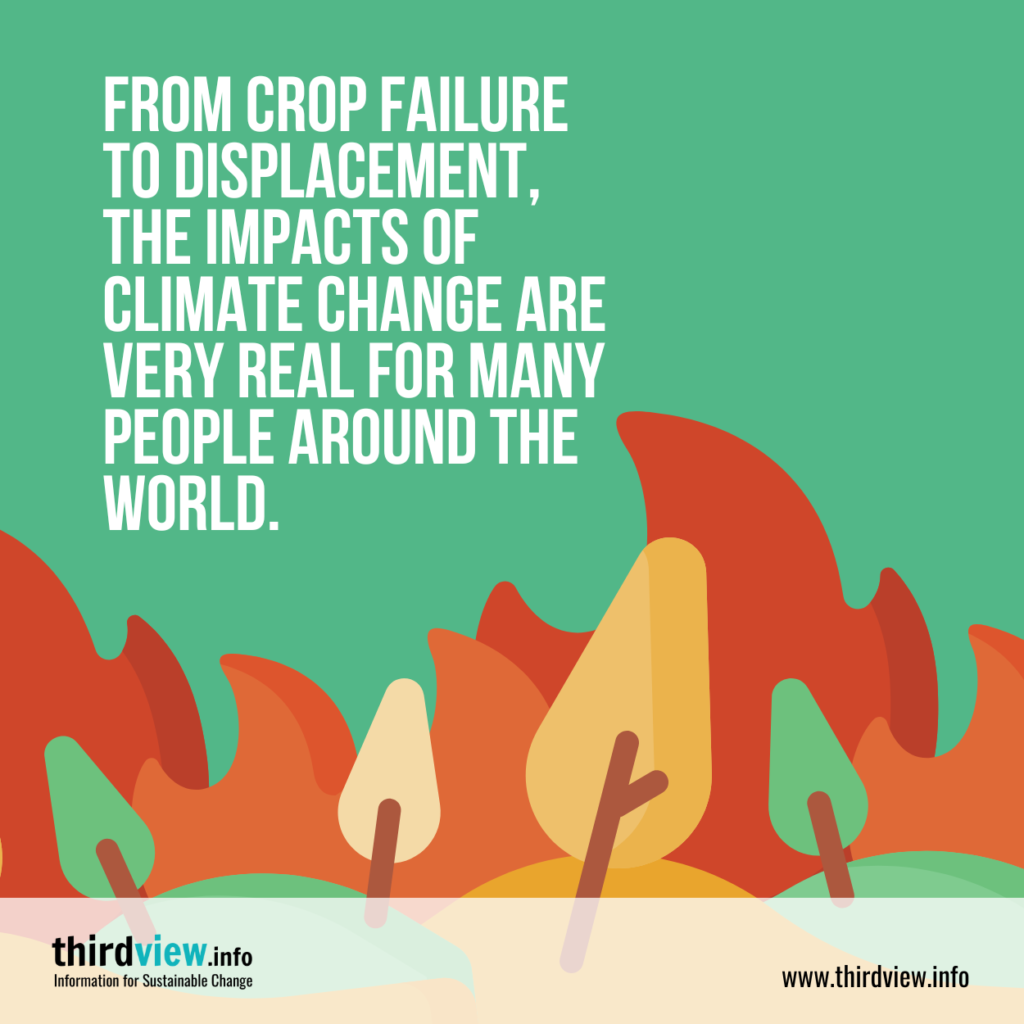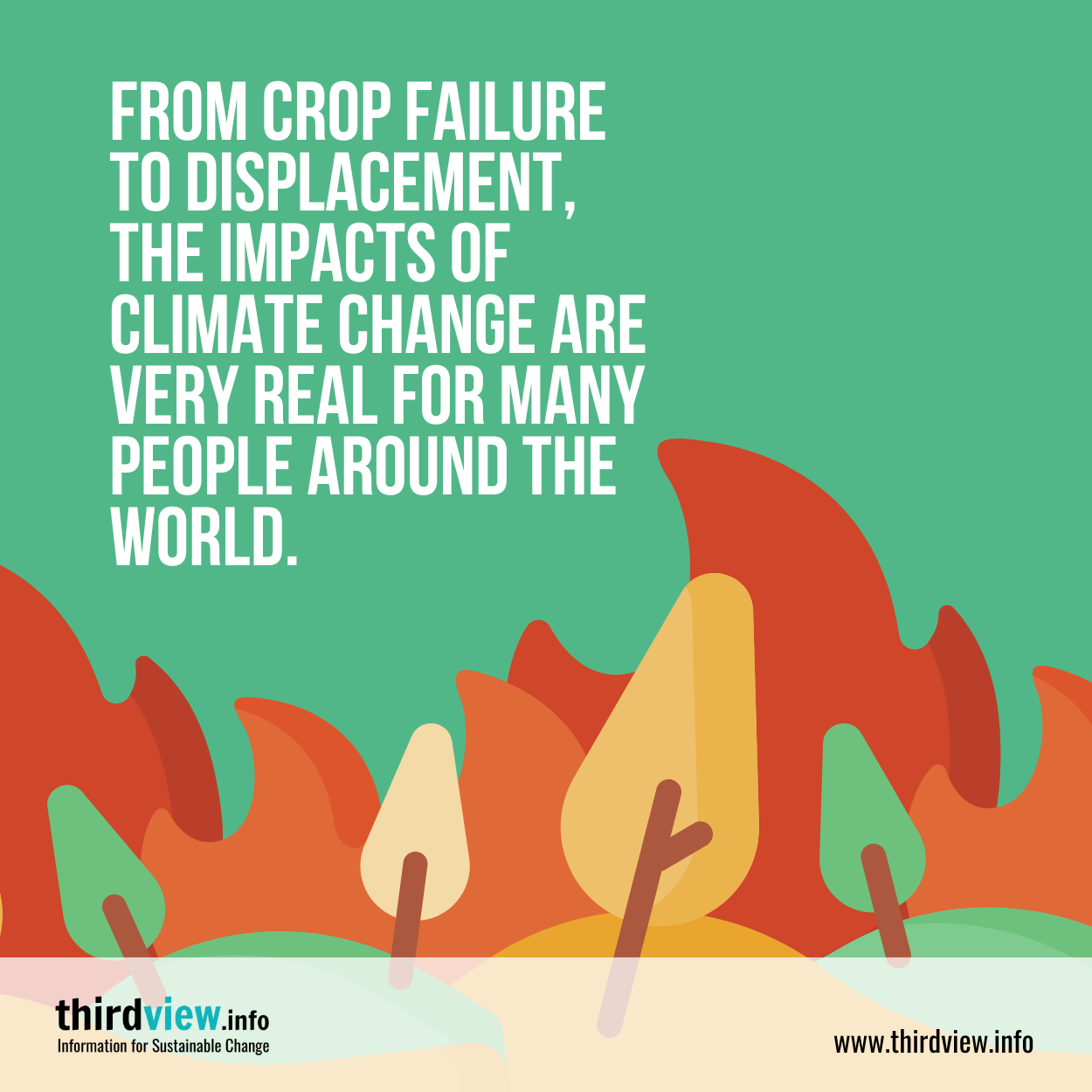Climate change affects all of us, but its effects are not felt equally. Those who are the most vulnerable—the people in developing countries, indigenous communities, and other marginalized populations—often bear the brunt of its impact. This is why it’s so important to make sure that people are at the centre of our efforts to combat climate change and adapt to its effects.
The Effects of Climate Change on People
Climate change has serious implications for people’s lives around the world. Rising sea levels, extreme weather events, and changing precipitation patterns have caused displacement and economic hardship for millions of people. In addition, climate-related disasters such as floods, droughts, and heat waves can devastate entire communities in a matter of days or hours. In some cases, these disasters can even force people to flee their homes in search of safer places to live.
Furthermore, climate change also has far-reaching health implications for people living in affected areas. Heat waves can lead to heat stroke or dehydration; increased humidity can cause an uptick in mosquito-borne illnesses like malaria; and extreme weather events can cause injuries or death due to flooding or landslides.
Putting People First
It is clear that we cannot address climate change without also addressing its human cost. That is why it is so important that we make sure that people are at the forefront when it comes to mitigating the effects of climate change. We must work together globally to put policies into place that prioritize human rights and ensure equitable access to resources for those who are most affected by climate change.
For example, governments must invest in infrastructure projects such as seawalls and dams that provide protection from floods and storms; they must also implement land use policies that protect vulnerable areas from development; and they must create social safety nets for those who have been displaced by disaster or whose livelihoods have been disrupted by changing weather patterns. Furthermore, governments must ensure access to healthcare services for those living in affected areas—especially those who may not be able to afford medical care otherwise—as well as ensure access to clean water sources so that disease transmission is limited during times of drought or flooding.
As we continue our fight against climate change, we must remember one thing: we cannot forget about its human cost. We must make sure that those who are most affected by this global crisis are at the centre of our efforts—and that means putting policies into place that prioritize their rights and provide them with equal access to resources necessary for adaptation and survival in a rapidly changing world. Only then will we be able to truly tackle the issue of climate change head-on —and ensure a better future for us all.


